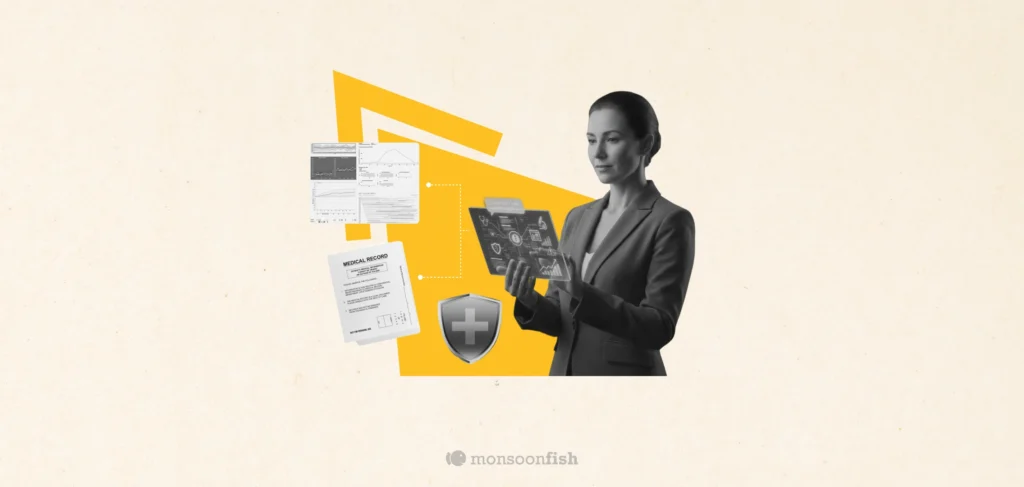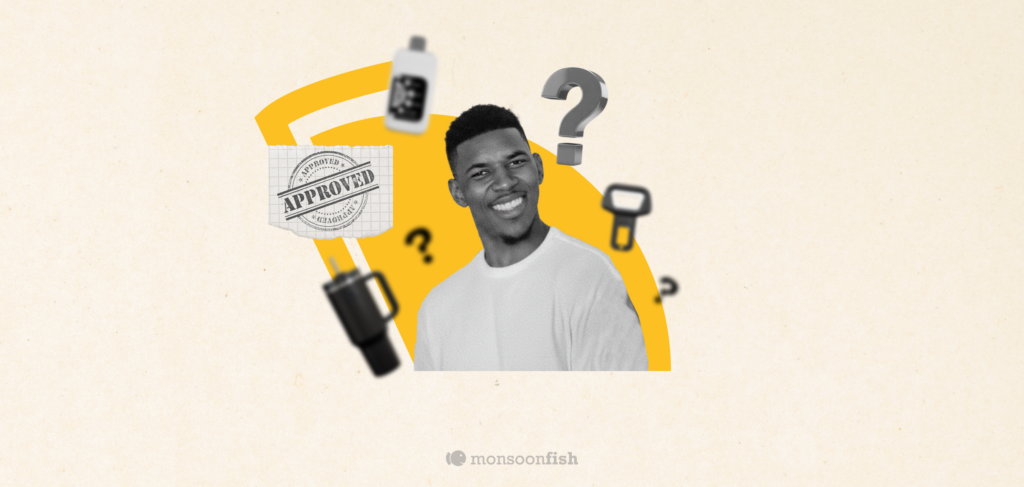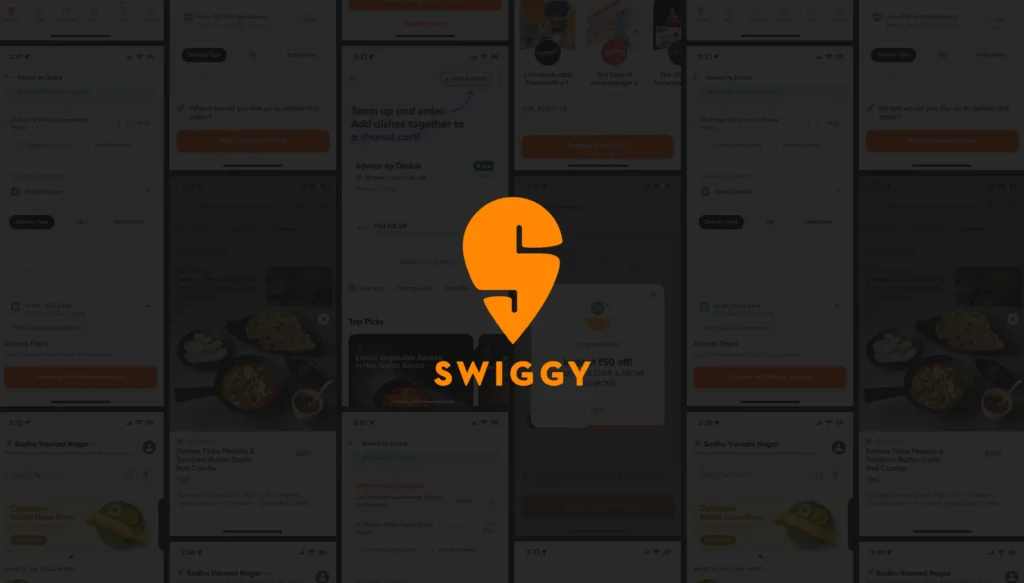First impression Bias
The tendency to form lasting opinions based on initial experiences.

Contents
Next Read

Scarcity Bias
Tendency to value limited or scarce resources more highly than those that are abundantly available.
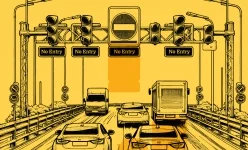
The Cheating Bias
Dishonest behavior by getting influenced to do so when observing others, leading to unethical practices.

Sisyphus Effect
Tendency to give up when there is no gratification or visible meaning / output to efforts.

Dunning Kruger Effect
Overestimating one’s knowledge due to a lack of understanding about the complexity of a subject.
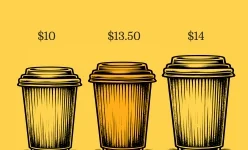
Decoy Option Effect
Influences preferences by introducing a less attractive intermediate option, subtly steering choices towards more profitable alternatives.

Confirmation Bias
The tendency to search for, interpret, favor and recall information in a way that confirms or supports one’s prior beliefs or values.
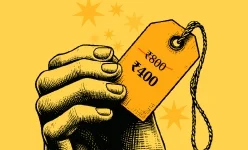
Anchoring Bias
People rely heavily on the first piece of information (the “anchor”), even if it’s irrelevant.

Current Mood Bias
It is a distortion in cognition and decision making due to the present emotional state.

Prestige Bias
The tendency to favor the opinions of individuals or groups with higher social status or authority even when not in the same field.

Social Desirability Bias
Tendency to respond to or behave in a way that is socially acceptable or desirable, rather than expressing their true opinions or behaviors.

Recency Bias
The tendency to better recall recent information and events while ignoring older information.

Restraint Bias
The tendency to overestimate the level of control we have over our impulsive behaviors.

Survivorship Bias
The tendency to focus on the individuals or things that have “survived” or succeeded, while overlooking data from those that have not.
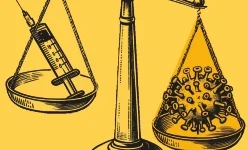
Omission Bias
Tendency to avoid taking action due to fear or uncertainty, even when not taking action could be more harmful.
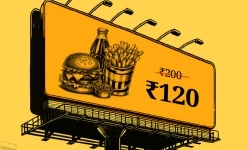
Bundling Bias
The tendency of buying things that are sold together, even if we don’t need everything in the bundle. Think of this as the “package deal effect.”

Distinction Bias
In decision making, we tend to overvalue the minor differences between two almost similar options when we examine them together.
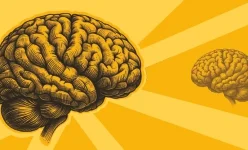
Projection Bias
Individuals overestimate the prevalence of their own thoughts, beliefs, preferences, and knowledge in others.

Salience Bias
Our tendency to focus on items or information that are more noteworthy while ignoring those that do not grab our attention.

Diversification Bias
Spreading our resources thinly across numerous options instead of concentrating on a few.

Pessimism Bias
A tendency to believe things will go wrong even when there is no evidence to support it.

Optimism Bias
Tendency to overestimate the likelihood of positive outcomes and underestimate the negative ones.
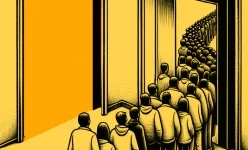
Bandwagon Effect
It refers to our habit of adopting certain behaviors or beliefs because many other people do the same.
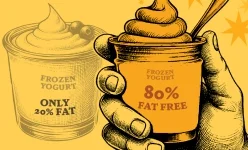
Framing Bias
Equivalent information can be more or less attractive depending on how it is presented, influencing our decisions.

Recall Bias
Individuals do not accurately remember past events or experiences or leave out details while reporting about them.

Group Think Bias
A group of individuals reaches a consensus without critical reasoning or evaluation of the consequences or alternatives, simply doing or agreeing because everyone else is.
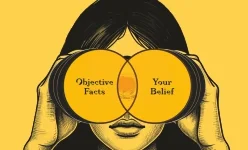
Belief Bias
We are more likely to accept the fact of something if it matches our pre-existing beliefs.

Ingroup Bias
The tendency for individuals to favor and show preference to members of their own group over members of other groups.

Sunk Cost Fallacy
Continuing to indulge in something based on past investments, even if it’s unlikely to generate positive outcomes.

Barnum Effect
People believe that general statements or personality descriptions are uniquely tailored to them.

Backfire Effect
It prevents individuals from changing their beliefs when challenged by contradictory evidence.
Contents
CATEGORIES







